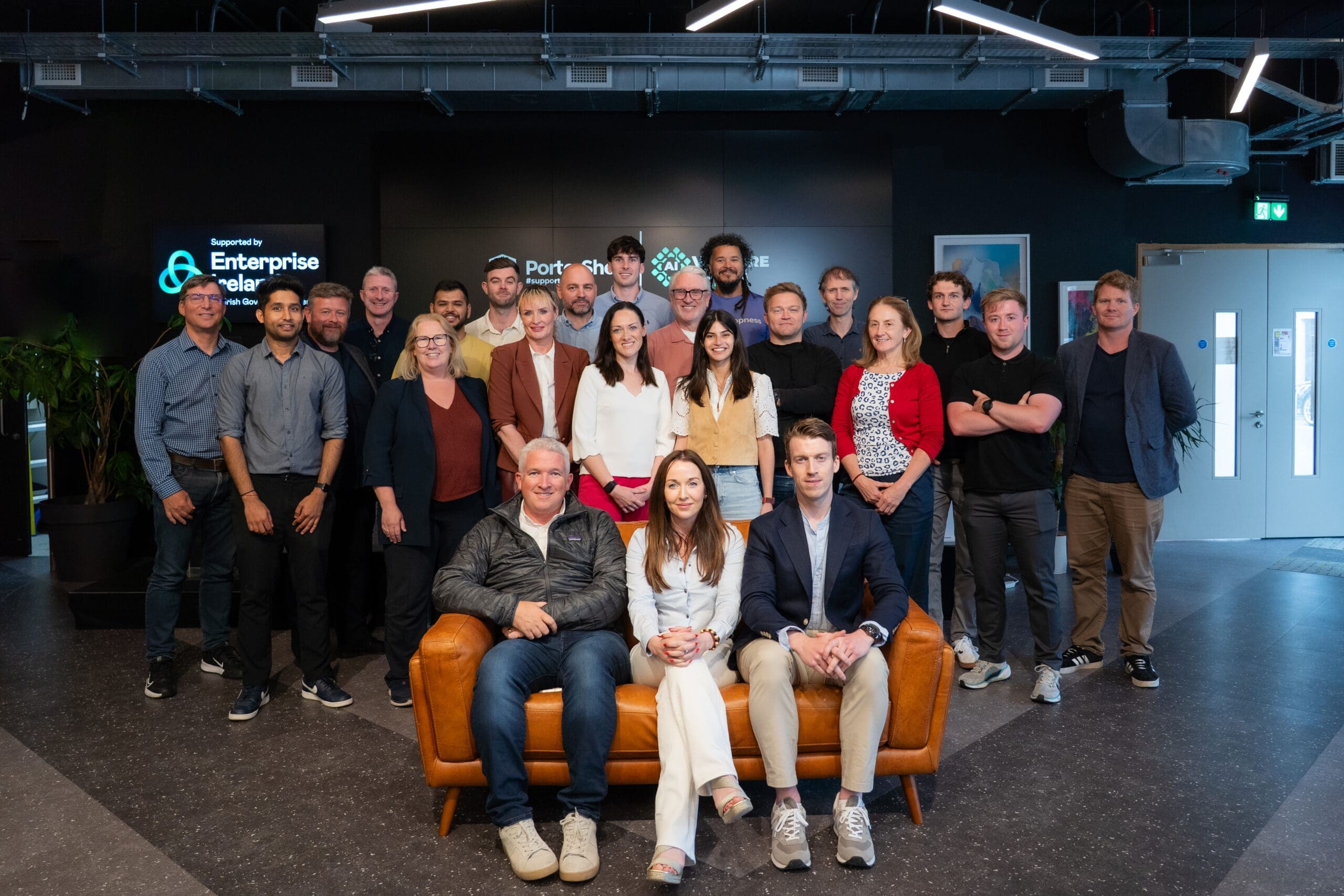A View From the Fridge
A good friend has a good business with promising sales (in the €millions), has gone to the US for A-round funding at a €5million pre-money. Very capital efficient, very promising. The response from across the pond: nice business, you’re raising too little money at too low a valuation.
What’s going on here?
The seed and A-round VC business in the US doesn’t look like itself – or like anything else in recent memory. Something new, something unexpected. Maybe a feeding frenzy? A tulip mania? Or a fundamental shift in how we should think about startups and value?
I’ve been talking to VCs and angels in the United States in order to get a little context.
After so many years of bemoaning the lack of early money, of complaining about the natural tendency of bigger and bigger funds to row downstream to later stage deals that come with less risk, the smart money is diving into early stage deals in a big way. Lots of money seeking deals raises valuations. But why so much money – and why now?
Some contributing factors:
Successful fundraising in the mid- to late-teens. Valuations at bargain prices post crash provided handsome returns as the economy rehabbed, incentives to reinvest in new rounds in the years 2017-2020. The result: lots and lots of dry powder currently on hand.
More competition for late-stage deals. As the market expands and more and more people bid up deals, smart investors look to new horizons. Foreign investments and new sectors are hot again (post-Covid dive into online opportunities in crypto, fintech, online healthcare, logistics, retail, security; new emerging tech hot zones including AI, batteries, QC, and space; and the shift from Trump to Biden has implications for green technologies, healthcare, and infrastructure). As is investing earlier, it seems.
Free money. With interest rates near 0%, money is cheap, which means that it’s tougher to make money in the usual low-risk vehicles (bonds, T-Bills). And with the US government buying/buoying the market (in the face of mounting debt and economic slowdowns), the disappearance of risk has led to high stock prices and a revised approach to risk and reward. People looking beyond stocks for new forms of value.
The SPAC revolution. Unicorns have become a dime a dozen. A unicorn that might have sold for $3B five years ago is coming to market (via SPAC or IPO) and realizing values that befit a frothy stock market and lots of speculators ($30-40B is not uncommon for a publicly-traded unicorn these days). Which means that early-stage valuations have lost all connection to past market realities.
So if the winners in my portfolio are a log bigger than they used to be, I should be happy to pay more for deals at earlier stages. At least that’s what the market is telling me. At a certain point, things will settle down. Or interests rates will rise, or the market will overcorrect. Or the bubble will burst. Whether that’s in a year or five, it’s hard to tell. In the meanwhile, it’s what Tommy Tiernan calls the good times, when you spend unwisely which makes for the good times.
Implications for you and me? I’m in conversations with Us investors and civic leaders about providing a simplified way to set up US subsidiaries for Irish companies, a soft landing spot with appropriate supports, and funders interested in great, capital-efficient companies with out-of-market valuations. Companies that can raise their sights (and perhaps their abilities to scale quickly).
Bottom line: watch this space.
Let me know if you have questions or thoughts.

Bob Rosenberg
Educator (Associate Professor) / Entrepreneur / Leader of angel
communities /Entrepreneur in residence at PorterShed
and BioExcel Rarosenberg@gmail.com


